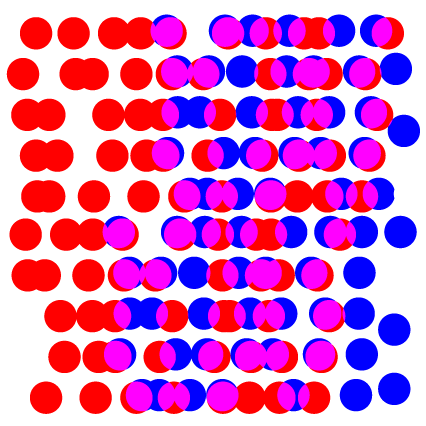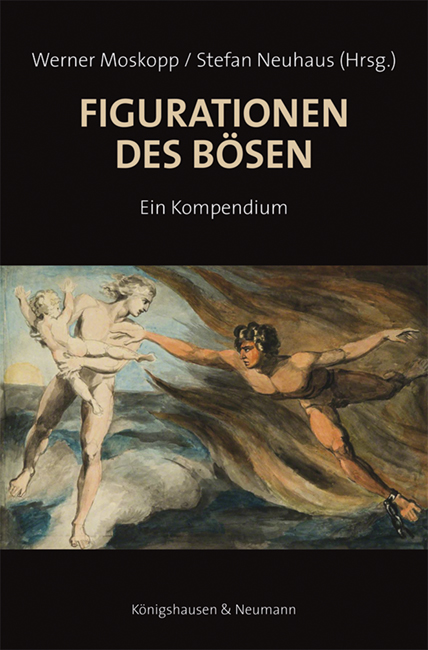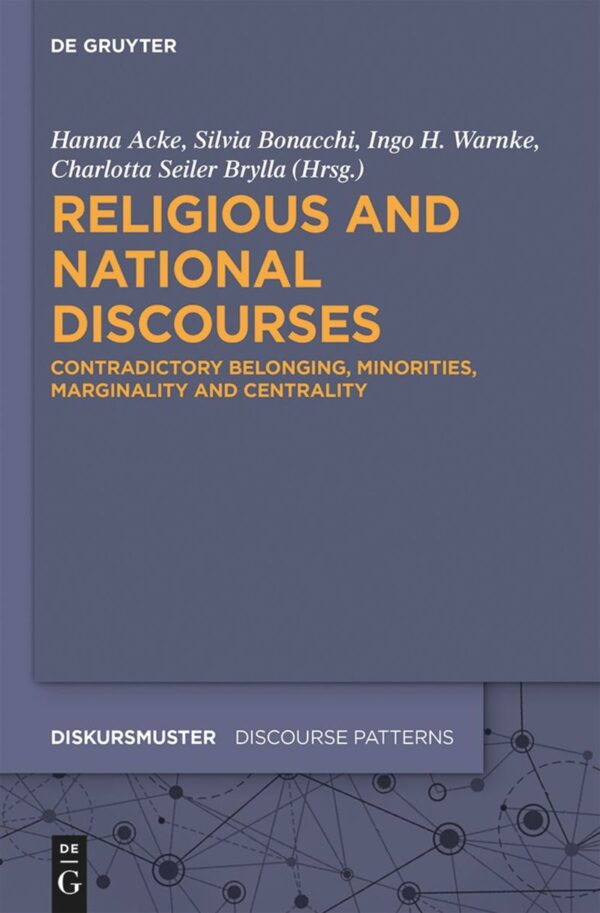Publications
-
 Performativity and Political Organization after the Squares: Rethinking Horizontality and Verticality
Performativity and Political Organization after the Squares: Rethinking Horizontality and Verticality
-
 Decolonization Through Decolonial Reforming
Decolonization Through Decolonial ReformingThe need for reform of the global health system is openly on the table. Many stakeholders agree that the WHO has not been able to adequately address the political and social problems, global health emergencies triggered or exacerbated by epidemics and pandemics, malnutrition, and access to clean water in recent years. Against this backdrop, there is a widespread call for more equity and solidarity in the global health system.
-
 Présentation: Perspectives émergentes en études québécoises depuis l’étranger
Présentation: Perspectives émergentes en études québécoises depuis l’étranger
-
 Für eine Linke mit Plan
Für eine Linke mit Plan
-
 Book Review: Moise et la Terre Promise: le mythe et les imaginaires de l´Atlantique noir von Aurélia Mouzet
Book Review: Moise et la Terre Promise: le mythe et les imaginaires de l´Atlantique noir von Aurélia Mouzet
-
 »Everything a Learner Needs« – Constructions Of Linguistic and Social Marginality/Centrality In Discourses about (German) Language Learning and Multilingualism
»Everything a Learner Needs« – Constructions Of Linguistic and Social Marginality/Centrality In Discourses about (German) Language Learning and MultilingualismThe paper deals with discursive portrayals of language learning and language learners. In a combination of quantitative and qualitative approaches, it asks whether the status of the language learner is constituted as a phenomenon of marginality or of centrality in current discourses in Germany, and […]
-
 Mesa redonda sobre activismo afro en España con Deborah Ekoka y Jeffrey Abé Pans
Mesa redonda sobre activismo afro en España con Deborah Ekoka y Jeffrey Abé Pans
-
 Mit kulleräugigen Dingen zusammenarbeiten
Mit kulleräugigen Dingen zusammenarbeiten
-
 Towards Equity and Decolonization? An Introduction into the Blog Debate on the World Health System after the Pandemic
Towards Equity and Decolonization? An Introduction into the Blog Debate on the World Health System after the PandemicThe COVID-19 pandemic exposed systemic problems in the global health system. It revealed that the global health system perpetuates global health inequalities rather than effectively reducing them: The international community, particularly the countries of the Global North, failed to make COVID-19 vaccines widely available to […]
-
 Onde de tempête. Réécritures écologistes
Onde de tempête. Réécritures écologistes
-
 Diskurs ist Widerspruch
Diskurs ist Widerspruch
-
 Mimicry of Marginality. On Masking Hegemonic Positions Through Discourse
Mimicry of Marginality. On Masking Hegemonic Positions Through DiscourseIn recent decades, the history of social movements has been characterized by discursive struggles for the attention to (intentionally) overlooked social positions of subjects and their actual or imagined membership in groups marginalized by and in mainstream discourses. Warnke, Ingo H., Bonacchi, Silvia & Seiler […]
-
 Radical Democratic Care. Eine sorgetheoretische Perspektive auf Praxen des Widersprechens
Radical Democratic Care. Eine sorgetheoretische Perspektive auf Praxen des Widersprechens
-
 Zur Ästhetik von Widerspruchspraxen am Beispiel des feministischen Abtreibungsdiskurses in den 1970er Jahren
Zur Ästhetik von Widerspruchspraxen am Beispiel des feministischen Abtreibungsdiskurses in den 1970er JahrenIn this article, the proposal is made to analyse practices of contradiction with regard to their aesthetic potential. On the one hand, this is intended to demonstrate the diverse possibilities of contradiction studies and, on the other, to emphasise the role of aesthetic texts in protest discourses. Texts from the feminist abortion discourse will be used as examples.
-
 Agency and Incentives of Diasporic Political Influencers on Facebook Malawi
Agency and Incentives of Diasporic Political Influencers on Facebook MalawiThis article examines the agency and incentives that drive the activism of diasporic political influencers on “Facebook Malawi,” an online imagined political community. In their seminal work on “social media dissidents” and “social media self-made activists” in the Global South, Matsilele and Sharra demonstrate that […]
-
 Les littératures autochtones du Québec: un renouveau du roman du terroir francophone?
Les littératures autochtones du Québec: un renouveau du roman du terroir francophone?
-
 Hagen von Tronje: Vom Antagonist zum Bösewicht zum Antiheld. Überlegungen zur diachronen Entwicklung und Rezeption einer Antagonistenfigur
Hagen von Tronje: Vom Antagonist zum Bösewicht zum Antiheld. Überlegungen zur diachronen Entwicklung und Rezeption einer AntagonistenfigurIn Moskopp, Werner & Stefan Neuhaus (Hrsg.), Figurationen des Bösen. Ein Kompendium, 185-198. Würzburg: Königshausen & Neumann.
-
 Re-re-reading Lucy Suchman’s Plans and Situated Actions
Re-re-reading Lucy Suchman’s Plans and Situated Actions
-
 Dystopie, Fragmentation et Filiation dans Aquariums de J.D. Kurtness
Dystopie, Fragmentation et Filiation dans Aquariums de J.D. Kurtness
-
 Minorities and Majorities, Marginality and Centrality. An Introduction
Minorities and Majorities, Marginality and Centrality. An IntroductionIn Hanna Acke, Silvia Bonacchi, Carsten Junker, Charlotta Seiler Brylla & Ingo H. Warnke (eds.), Religious and national discourses. Berlin/Boston: de Gruyter Volume 33 in the Series Diskursmuster/ Discourse Patterns eBook ISBN: 9783111039633 PrintISBN: 9783111027739